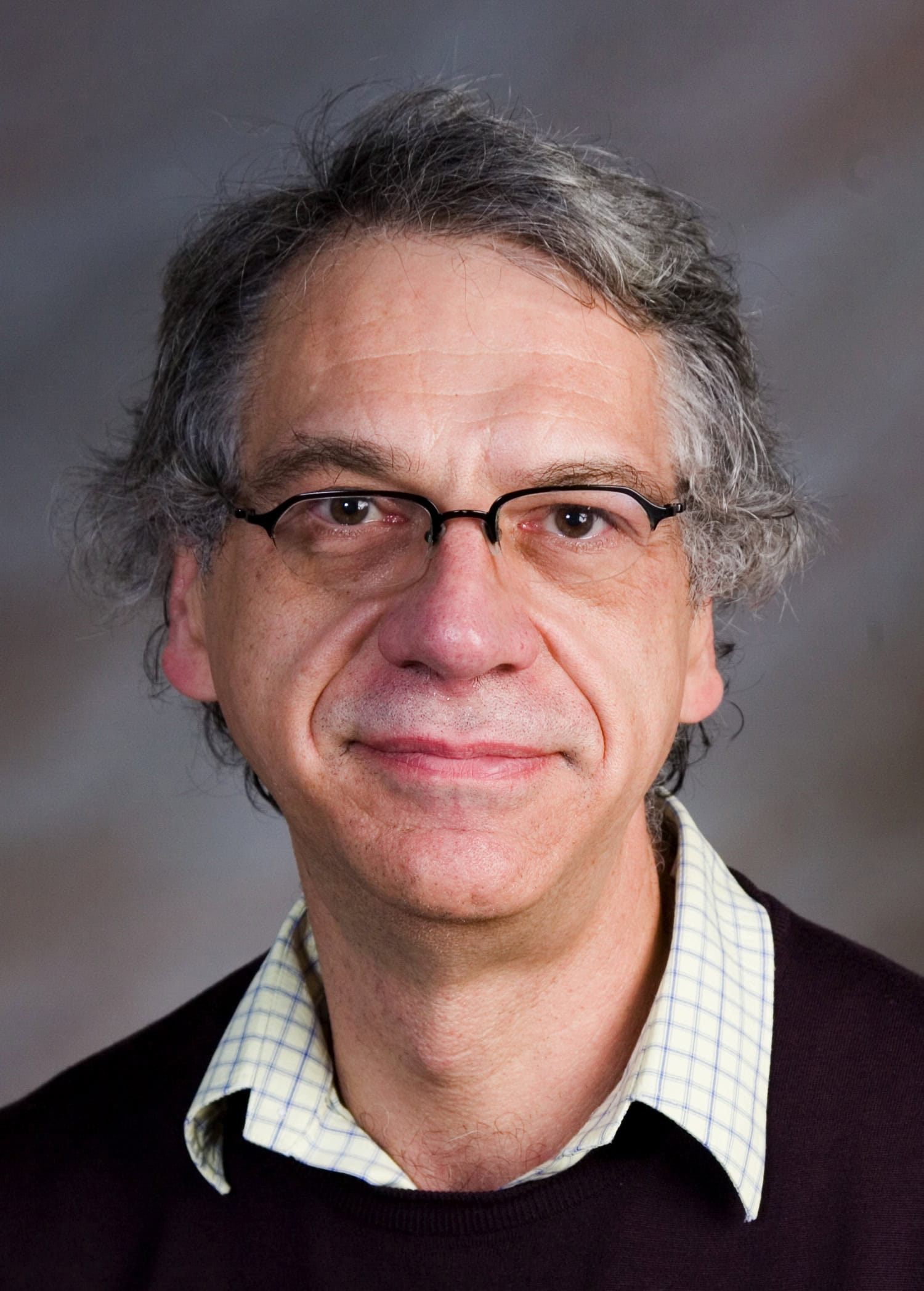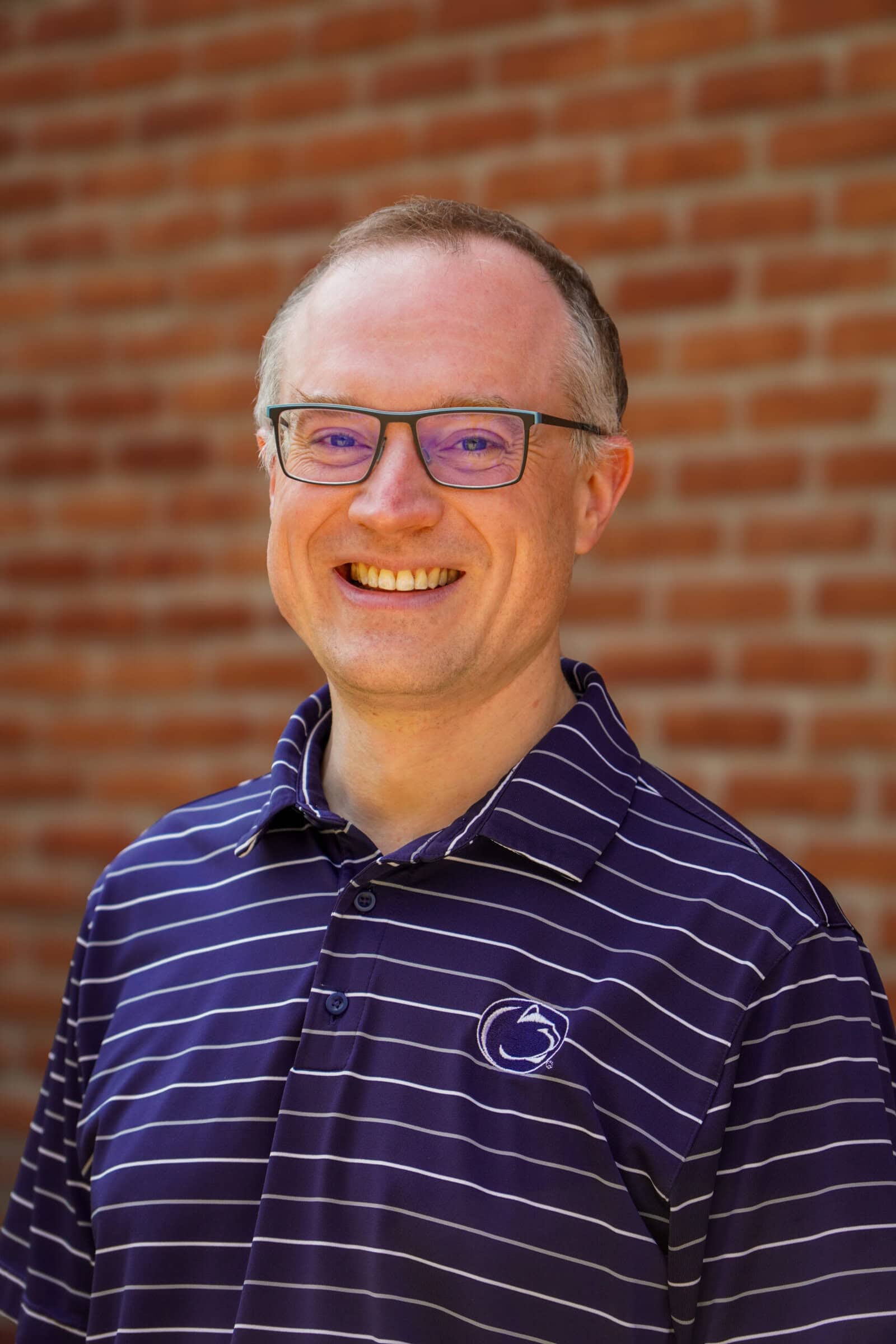The Frontiers of Glass Science and the Frontiers of Glass Technology lectures are designed to encourage scientific and technical dialogue in glass topics of significance that define new horizons, highlight new research concepts, or demonstrate the potential to develop products and processes for the benefit of humankind.
The Frontiers of Glass Science and the Frontiers of Glass Technology lectures are designed to encourage scientific and technical dialogue in glass topics of significance that define new horizons, highlight new research concepts, or demonstrate the potential to develop products and processes for the benefit of humankind. While the Frontiers of Glass Science lecture focuses on advances in the basic science of glass, the Frontiers of Glass Technology lecture concentrates on new breakthroughs in glass technology or new glass products or applications. The lectures are presented at the annual Glass and Optical Materials Division meeting. The Varshneya Awards Committee will select the lecturers, although nominations from membership are invited.
Up to two awards can be given annually. The awardee(s) receive a certificate, glass commemorative piece, travel stipend up to a maximum of $2,500, and complimentary meeting registration.
Nomination Process
The nominator fills out the online form on the ACerS website. Any additional information, such as a CV or list of high-impact publications, is also encouraged as part of the nomination.
The nominees to be chosen should provide the Society with a learned lecture at its Glass & Optical Materials division meeting. The lecture should be in glass topics of significance that meet one or more of the following criteria:
1. define new horizons
2. highlight new research concepts
3. demonstrate the potential to develop products or processes for the benefit of humankind
The awardee(s) should be an accomplished speaker and communicate well to the mixed audience (members and visitors). The choice of awardee(s) may be from within or outside of the society.
Darshana and Arun Varshneya Frontiers of Glass Lectures Award Nomination Form
Award Winners

Stephen Elliott
Stephen Elliott has been a Visiting Professor in the Physical and Theoretical Chemistry Laboratory at Oxford since January 2021. Prior to that, he was Professor of Chemical Physics in the Department of Chemistry at the University of Cambridge until he retired in 2019, having been, in turn, a Demonstrator (Assistant Lecturer), Lecturer and Reader there since 1979. He was a Professorial Fellow at Trinity College, Cambridge, until retiring in 2020, having been a Prize (Research) Fellow, and then a Teaching Fellow in Physics and Chemistry, since 1977. He was College Steward from 2014 to 2017, and has been Chairman of the Wine Committee since 2005, and a member of the Committee since 1977. In addition, he was Professor of Physics at the Ecole Polytechnique, Palaiseau, France, from 1998 to 2000. He was an undergraduate at Trinity College, Cambridge, and obtained a bachelor degree in Theoretical Physics from the University of Cambridge, followed by a PhD on theoretical and experimental studies of amorphous solids at the Cavendish Laboratory, Cambridge. His work has been recognised by a number of awards and prizes, including a Nuffield Foundation Science Research Fellowship in 1991, the 1992 W.H. Zachariasen Prize, the 2001 Stanford R. Ovshinsky (inaugural) Award, the Chancellor’s Medal, University of Pardubice, Czech Republic, awarded in 2012, the 2014 George W. Morey Award of the American Ceramic Society, the 2017 Royal Society of Chemistry John B. Goodenough Award, and a Kavli-Winton Fellowship, University of Berkeley (2017).

John Mauro
John Mauro is Dorothy Pate Enright Professor and Associate Head for Graduate Education in the Department of Materials Science and Engineering at The Pennsylvania State University. John earned a B.S. in Glass Engineering Science (2001), B.A. in Computer Science (2001), and Ph.D. in Glass Science (2006), all from Alfred University. He joined Corning Incorporated in 1999 and served in multiple roles there, including Senior Research Manager of the Glass Research department. John is the inventor or co-inventor of several new glass compositions for Corning, including Corning Gorilla® Glass products. John joined the faculty at Penn State in 2017 and is currently a world-recognized expert in fundamental and applied glass science, statistical mechanics, computational and condensed matter physics, thermodynamics and kinetics, and the topology of disordered networks. John is the author of over 380 peer-reviewed publications and is the Editor-in-Chief of the Journal of the American Ceramic Society. He is co-author of Fundamentals of Inorganic Glasses, 3rd ed. (Elsevier, 2019), the definitive textbook on glass science and technology, and author of the newly published textbook, Materials Kinetics: Transport and Rate Phenomena (Elsevier, 2021). John is a Fellow of the National Academy of Inventors with 83 granted U.S. patents. John is also a Fellow of the American Ceramic Society and the Society of Glass Technology. He is a Member of the National Academy of Engineering and the World Academy of Ceramics.
Nomination Deadline
September 1 Annually